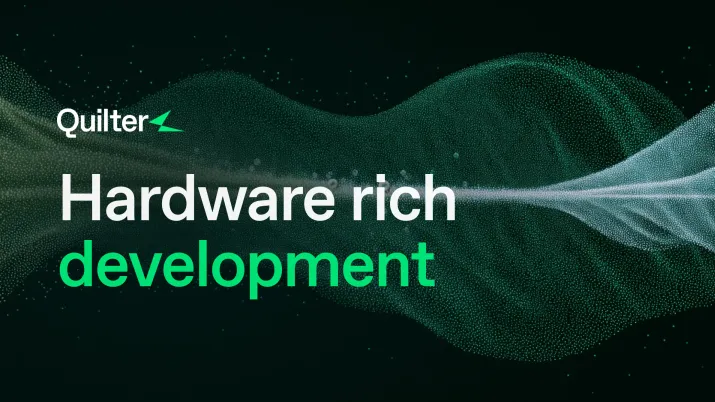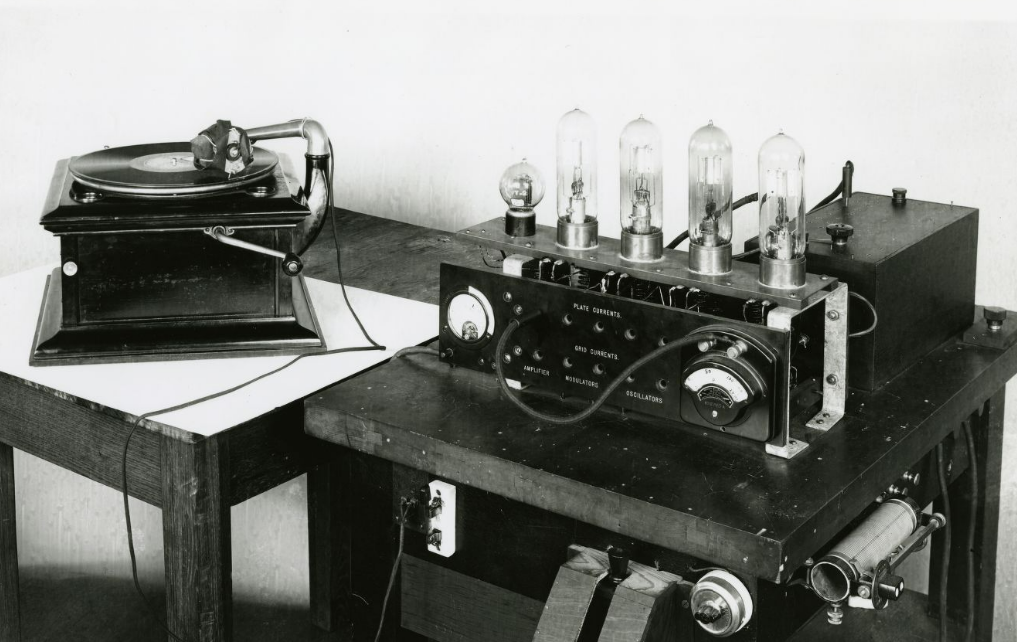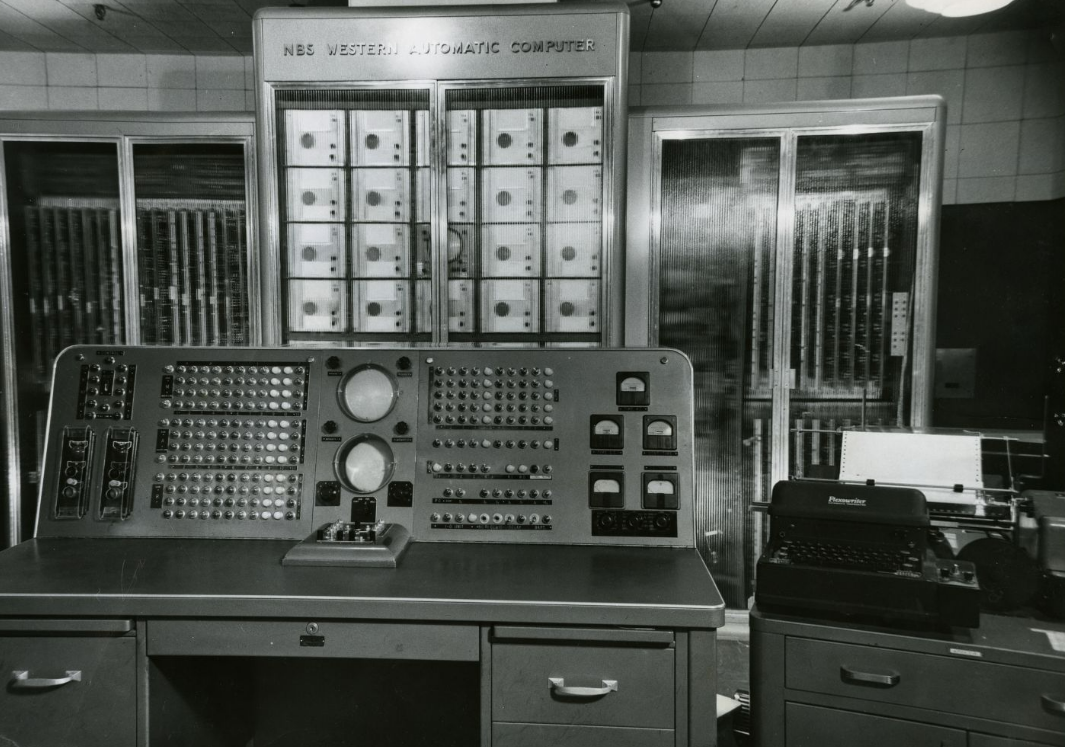Technical Leadership Skills and Meditations: What It Means to Truly Build with Derrek Cooper
If you don’t know what drives you, or what drains you, you’re flying blind. Awareness is where leadership starts. Everything else builds from that.

There’s a pattern I’ve started to see in the engineers I admire most. It’s not just that they’re sharp, or relentless, or capable of shipping hard things. It’s that, somewhere along the way, they stopped measuring themselves by what only they could do.
Instead, they started thinking about who else could step in. How they could teach, how they could make space. They stopped trying to be the bottleneck and started trying to be the one who holds the door.
Derrek Cooper is one of those people.
And while the arc of his career spans the Navy, CFD modeling, product strategy at Autodesk, and now executive coaching—it’s the inner journey that stuck with me. The way he talked about pace, presence, systems thinking, and the quiet decisions you make when no one’s watching.
This wasn’t a story about burnout. It was about clarity. About learning how to grow without constantly needing to go.
Subsystems of a Self
Derrek didn’t plan to become an engineer. His curiosity came before his confidence. He started in the Navy, on a submarine, surrounded by systems that weren’t optional. If you didn’t understand how things worked, you could die. That forces a certain seriousness into you.
He wasn’t the kind of kid who took apart engines for fun, but he did notice patterns. Cause and effect. How air and temperature and pressure formed a kind of invisible architecture. That early attention to how things fit together—both mechanically and socially—never left him.
Later, when he entered the world of computational fluid dynamics, it wasn’t the math that pulled him in. It was the elegance of seeing something you couldn’t normally see. Flow. Force. Fields.
There’s something satisfying about chasing precision in an invisible world. It trains you to listen to systems, even the ones inside yourself.
The Bridge Between Engineering and Empathy
Derrek spent over two decades building technical products, leading teams, and scaling systems—first at Blue Ridge Numerics, then at Autodesk. His roles kept expanding. More products. Bigger teams. Higher stakes. But the most valuable part, he said, wasn’t the tech.
It was the people.
“The moments I remember aren’t product launches or metrics. They’re when someone pulled me aside and said, ‘What you said in that meeting made me feel seen.’ That’s the stuff that stays with you.”
He saw early how many technical professionals struggle to communicate. Not because they aren’t capable, but because it isn’t practiced.
“You can know every equation. But if you can’t articulate what matters or why, you can’t lead. You can’t even contribute fully. So I started writing. Just to get things out of my head and onto paper. That changed everything.”
There’s a humility in how he describes it—not as some transformational leap, but a repeated return to something simple. Writing, reading, pausing, listening.

The Moment You Realize You’re Full
I’ve felt this moment before, and Derrek described it almost word for word. The moment when the meetings don’t feel like momentum anymore. When every request feels like a demand. When the calendar is full but your brain is thin.
For years, he pushed through it. More teams, more responsibility, more hours. There’s a strange pride that comes with being needed constantly. Especially in engineering leadership, where the lines between support and control get blurry.
But eventually, he realized he was overfitting his identity to a role. And worse—he was starting to believe his value lived only in how much he carried.
That lands hard when you’ve spent a decade optimizing for output. He said, at one point, his work life made up 85 percent of his identity. The rest—family, rest, health, the slow parts of living—barely got a look in.
When I heard that, I remembered a season where I couldn’t remember what I liked to do that wasn’t productive. It’s a strange kind of forgetting. You know how to design a circuit, but not how to sit still.
The Courage to Be Unbusy
This is not a glorification of quitting. It’s something quieter than that.
What Derrek did next wasn’t dramatic. He started writing things down. He stepped out of some meetings. He paused before saying yes. Then he went back to school—not to climb, but to shift. He enrolled in a graduate program in positive psychology. Not the kind of credential that wins arguments in technical rooms. But maybe the kind that teaches you how to listen better.
He moved from tech leadership into coaching. Not because he was burned out, but because he wanted to focus on the human side of systems. Engineers know how to fix machines. But the people? That’s where the mystery is.
There’s something countercultural about choosing to be less busy in a field that rewards velocity. And yet, Derrek kept returning to this idea: that real leadership means making yourself less central. Not disappearing but building something that can work without you.
Making Space to Think
The part of our conversation that I keep coming back to is about time. It’s something I think a lot about as a marketer, as someone building teams and threading ideas into stories.
We often talk about time like it’s a scheduling problem. Something to manage, to slice up, to guard. But Derrek framed it more like a mirror. How you spend your time shows you what you actually value, not what you say you do.
He started blocking hours just to think. Not to plan, not to hustle, not to deliver—but to give himself time to notice what was happening inside.
It’s such a small thing. But when’s the last time you scheduled quiet?
He told me, “You have more time than you think. But you have to take responsibility for it. If you don’t protect it, someone else will fill it for you.”
There’s clarity in that. It doesn’t tell you what to do. It tells you to look closer.

Mentorship Is Letting Go
There’s a mentor I had once—gruff, clear, no-nonsense. He rarely gave compliments, but when he did, you remembered.
Once, when I hesitated on a decision, he said, “If you trust the people in the room, let them lead. Otherwise, why’d you hire them?”
Derrek’s philosophy reminded me of that. He described leadership not as presence, but as exit strategy. You teach what you know. You model clarity. You make decisions when they’re needed. Then, when the team is ready, you leave the space so they can fill it.
It’s not absence. It’s generosity.
The real mentors I’ve had in my life weren’t the ones who held the pen the longest. They were the ones who handed it over and said, “Keep going.”
Takeaways for Builders Looking to Grow
This isn’t a guide to a pivot, or a recipe for reinvention. It’s something quieter. A reminder that the path doesn’t always have to be upward. Sometimes the best direction is inward.
If you’re in a season of reevaluation—if you’re stretched too thin or wondering how to lead better—consider these:
1. Leadership is a subtraction game
The more you teach, the less you should need to hold. If your systems can’t run without you, they aren’t systems yet.
2. Think before you speak—and before you say yes
Schedule space to think. Block it. Guard it. Protect it from urgency.
3. Curiosity doesn’t always look like movement
It can look like reading, writing, waiting. Not all growth is kinetic.
4. Don’t confuse pace with purpose
Being needed everywhere is not a sign of success. It might be a sign of something broken.
5. Build toward absence
Not because you’re irrelevant, but because you built well enough to walk away.
Hardware Rich Development is a series from Quilter.ai that explores what it means to build high-integrity hardware in a fast-moving world. If you’re leading an engineering team or driving technical decisions in your organization, and you’d like to share your insights, reach out.
We’re building a community around better hardware thinking.

